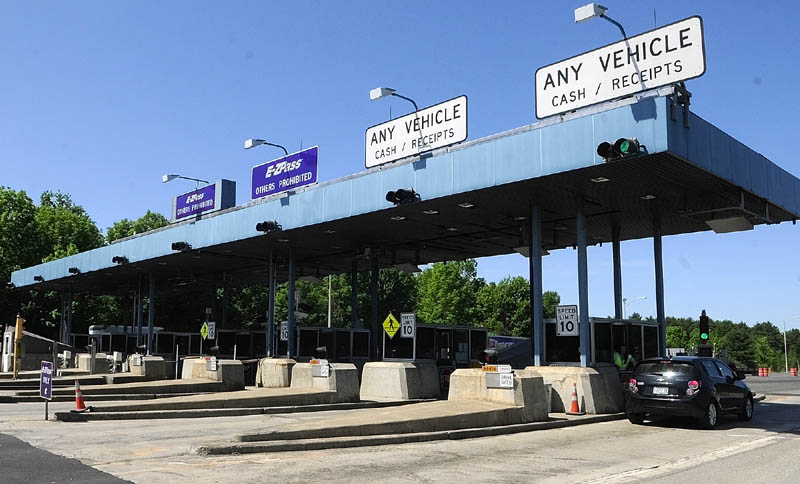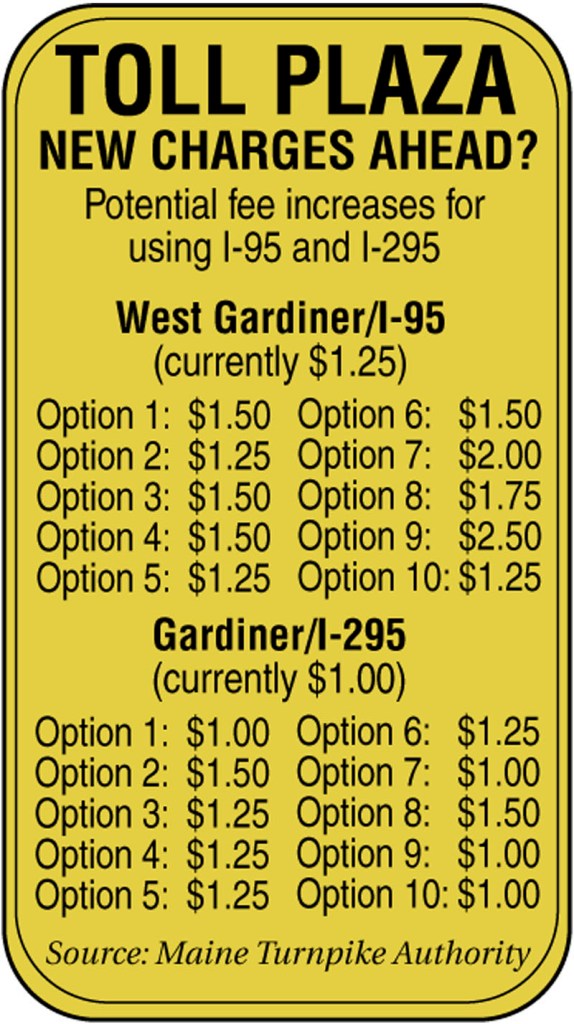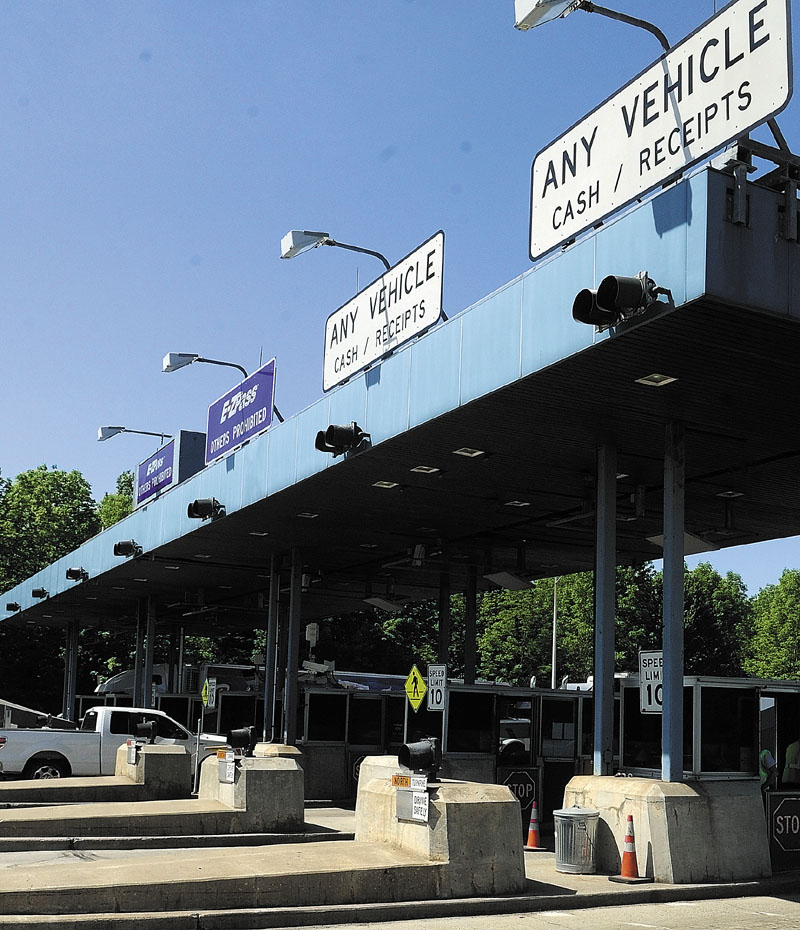A proposal to increase Maine Turnpike tolls by 26 percent may trigger a review by the Legislature’s watchdog agency.
Sen. Margaret Craven, D-Lewiston, requested a study by the Office of Program Evaluation and Government Accountability, which conducts special audits and reviews. Craven serves on the Legislature’s Government Oversight Committee, which oversees the office and will consider her request on Friday.
It’s unclear whether the committee will go along with the request, in part because the office already has a backlog of requested reviews.
Craven called the proposed toll increases excessive and unfair to residents of western and central Maine who, she said, already pay higher tolls than residents in southern Maine.
“The reason I made the request was I’ve always felt that we paid a disproportionate share of tolls when we live in Lewiston-Auburn or any of the surrounding areas,” Craven said.
For example, it costs her $2.75 each way to go from Lewiston to Cumberland, she said.
Craven also wants OPEGA to review why money borrowed by the turnpike authority years ago would lead to larger debt payments and toll increases now.
“I can’t understand why, when the turnpike did their bonding, the payments weren’t already established,” she said.
Craven was one of about 40 people who criticized the proposed $26 million-a-year toll increase at a public hearing in Auburn last week. Lawmakers from Lewiston-Auburn have said they will introduce legislation to correct an inequity in tolls, and some are collecting signatures to pressure the Maine Turnpike Authority to scale back the toll increases.
The proposed increases, which would vary by tollbooth location, would raise toll revenue by 26 percent overall. The added revenue is needed to keep paying down debt from the widening of 30 miles of the highway in the last decade, as well as more recent improvements north of Falmouth and a new $24 million exit in Lewiston, according to the turnpike authority.
The option preferred by turnpike authority officials would raise the tolls from $2 to $3 at York, from $1.75 to $2.50 at New Gloucester, from $1.25 to $2 at West Gardiner, and from $1 to $1.50 at the Wells northbound and Gray southbound tollbooths.
Peter Mills, executive director of the Maine Turnpike Authority, said he will be surprised if lawmakers go along with Craven’s request and ask OPEGA to wade into the complexities of toll increases.
The turnpike’s independent board of directors is gathering public comments and will likely respond with a modified toll increase package when it votes, which could happen as soon as next month.
“We’re actually receiving some very good input from people,” Mills said. “We’re going to do the right thing in the end. There is immense flexibility on (the) board. They are very open-minded.”
Mills said some of the frustration with tolls in the Lewiston-Auburn area comes because drivers there rely on the toll road, while drivers in southern Maine have access to toll-free Interstate 295.
Mills said there may be room for adjustments that reduce the burden on motorists in Lewiston-Auburn. “We’re looking at a number of things,” he said.
Mills said the turnpike authority has planned on the increase for years because of the structure of the bond for the widening project, which includes a series of larger debt payments over the next six years.
“This thing has been projected in this amount and at this time for a number of years,” Mills said.
The turnpike’s board plans to hold two more public hearings on the proposed increases, at the York American Legion Hall at 6:30 p.m., Monday, July 9 and at Wells High School at 6:30 p.m., Wednesday, July 11.
The Government Oversight Committee will meet at 10 a.m. Friday in Augusta.
A review of turnpike tolls is within the broad legislative mission of OPEGA, said Beth Ashcroft, the office’s director. But the office is already in the midst of four reviews, with a fifth ready to start, and will have to put one on hold if the legislative committee wants it to take up turnpike tolls, she said.
“Our work plan is full right through the end of the year,” Ashcroft said.
Ashcroft’s office, which also responds to citizens’ requests, has had a steady flow of requests from lawmakers in recent years in response to touchy political issues, such as the management of MaineCare and the Maine State Housing Authority.
It has a staff of seven people, including Ashcroft and an administrative secretary.
The Government Oversight Committee could decide to ask for a full-scale review, refuse the request, refer the issue to another committee or put it on the “on deck” list with about 25 to 30 other pending reviews, she said.
“Really, the question comes down to what value might we be able to add in doing this,” Ashcroft said.
Send questions/comments to the editors.





Success. Please wait for the page to reload. If the page does not reload within 5 seconds, please refresh the page.
Enter your email and password to access comments.
Hi, to comment on stories you must . This profile is in addition to your subscription and website login.
Already have a commenting profile? .
Invalid username/password.
Please check your email to confirm and complete your registration.
Only subscribers are eligible to post comments. Please subscribe or login first for digital access. Here’s why.
Use the form below to reset your password. When you've submitted your account email, we will send an email with a reset code.